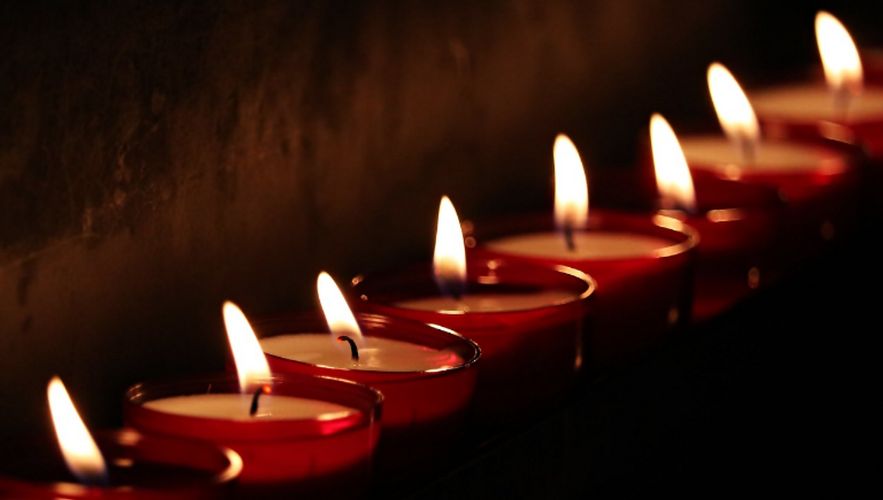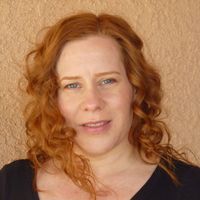Often one of our abiding fears in life is death. This persistent anxiety and worry around a particular event is a losing battle. How can we improve this relationship towards such a certainty?
The primary differentiating attribute of humans compared to other forms of life is that we have an awareness of our mortality.
Montaigne the 17th-century essayist and philosopher when considering the fear of his death calls for dissipating it by facing it head-on, with awareness and attention — an approach common in Eastern spirituality.
In the West, we tend to identify movement and pace when reflecting on progress. It is by staying still and going within, asking ourselves deep questions about our thoughts and fears that we can hope to move forward towards a possible reconciliation on this subject.
If we take the time to consider and understand what instills fear in us when considering death and dying, we can then begin to understand our underlying concerns and priorities.
It can be helpful to take time to contemplate if we had a choice around the setting and tenor of this event how would we like it to be. We take into consideration location such as home or Hospice, is physical comfort, time with family and friends a high priority or only time. Maybe music is part of the arrangement. Consider if pain, anxiety, and isolation are a concern.
Does religious ritual or involvement play a part? Have we considered our legacy and its implementation? In tackling questions such as this, we can begin to put together a plan of how we would like this time in our lives to look. We begin to reflect on relationships that might need addressing, or reconciliations that may need to take place. It is encouraging and pertinent that once we examine questions of this kind we feel more comfortable that our setting has the potential to be one that will give us solace and help to reduce anxiety whatever our beliefs and thoughts are around leaving this physical realm.
The implementation of such a plan begins with a conversation and the preparedness to open up to such a discussion. A Sacred Life Doula can be the impartial yet practical and comforting presence that can work as a catalyst for a clear conscious assessment of such a plan. It is distinctly personal how we approach this topic. Some families have the cohesiveness and strength to tackle such thoughts on their own, but many of us need some guidance and assistance.
We are moving into a period of reawakening consciousness around our approach to end of life. Traces of forgotten knowledge and customs are beginning to reemerge. The sacredness of this time and the connectedness of all life and its experiences are moving us towards a deeper understanding of life, which includes death.










